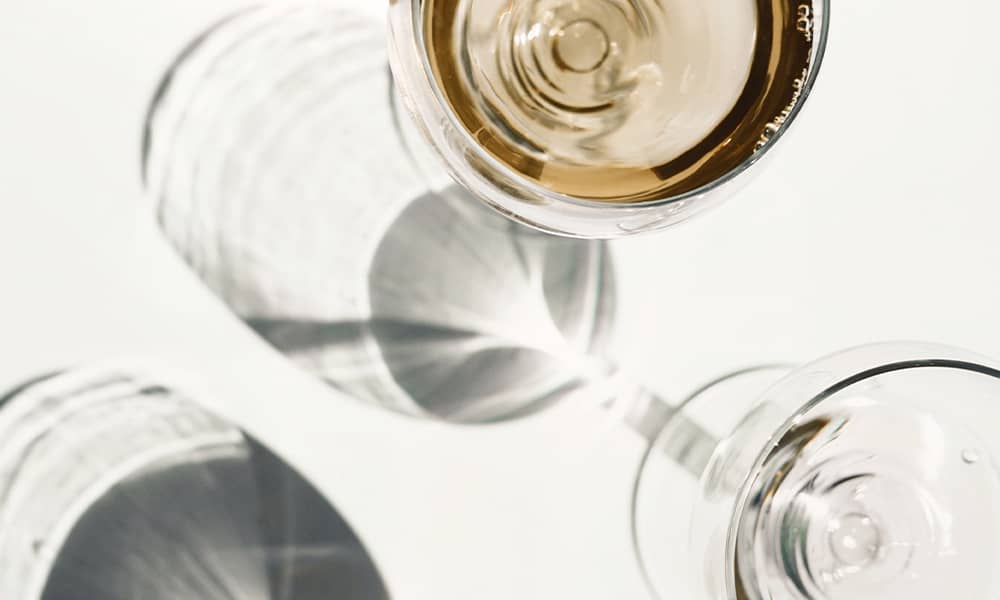Let’s get one thing straight: wine is healthy.
Its benefits — from stress soothing to improving heart health — are backed by countless scientific studies, and are the reason grape wine is still around when others have fallen by the wayside.
Increasingly we’re seeing so-called healthier wines in bottle shops, and like every other health food, there’s a perception that healthy equals bad tasting, however, there is no reason why a healthier wine should taste worse than a ‘non-healthy’ wine in any way.
So, next time you’re trawling the aisles of the bottle-o looking for something a little, well, healthier, keep these three types of healthy wine in mind.
1. Preservative-free
Let’s start with the style that tastes most different from mainstream wine: preservative-free.
While this implies no preservatives are used in manufacturing this kind of wine, the term preservative-free refers chiefly to not using sulphur (the world’s oldest preservative) after picking the grapes.
Nonetheless, be aware that you won’t be entirely sulphur-free if you drink preservative free wine. Your gut produces small amounts of sulphur as the inevitable by-product of digestion in the absence of a lot of oxygen in your gut.
2. Organic
Organic wine is made from grapes grown in accordance with the principles of organic farming, which typically excludes the use of artificial chemical fertilisers, pesticides, fungicides and herbicides.
The official certified organic guys tend to get sidelined due to taste stigma, but here is a secret about organic wine. Most companies (indeed, whole regions) use the organic approach in the vineyard and winemaking, but they don’t tell you because it’s a label they don’t want to be associated with.
They want you to believe that vineyard, winery and winemaker are doing their best and not making compromises with claims of organic or preservative-free or whatever. Such is the stigma attached to the titles of organic and preservative-free.
3. Biodynamic wines
Biodynamics is a complex way of growing wines. It’s similar to organic but treats soil fertility, plant growth and livestock care as ecologically interrelated systems. At the heart of biodynamic wine is a belief by these family-owned companies that the best wines come from the best soils with a balanced environment that gives its share back to nature.
Biodynamic producers such as Cullen, Jasper Hill, Bass Phillip, Castagna and Marchand & Burch are indistinguishable from more commercial wines until you drink too much of them. Then I think you do see a difference in the after-effects.
Over the last ten years, the whole Southern Highlands south of Sydney has benefited from biodynamic practices and the turnover of vineyard techniques to more natural answers and fewer things that end in “cide”. As they say, “wine quality is in the glass”.
A glass of wine is a good friend, and it may be a passport to a whole heap of experiences, with the labels organic, biodynamic and preservative-free a vital part of the experience.
Stay thirsty, my friends.
This story originally appeared in Fitness First magazine.







